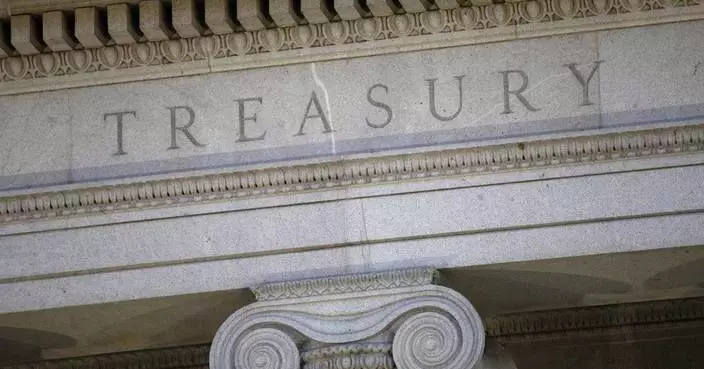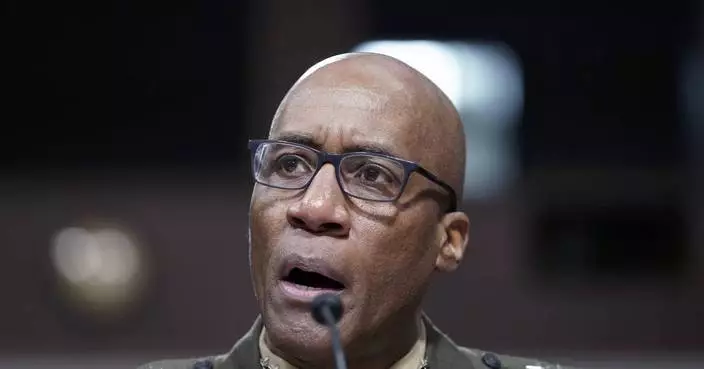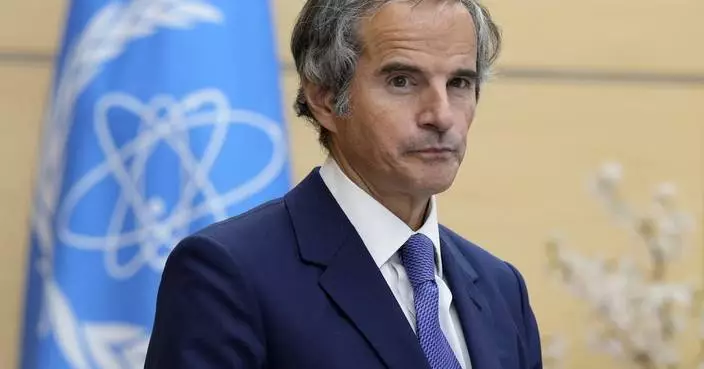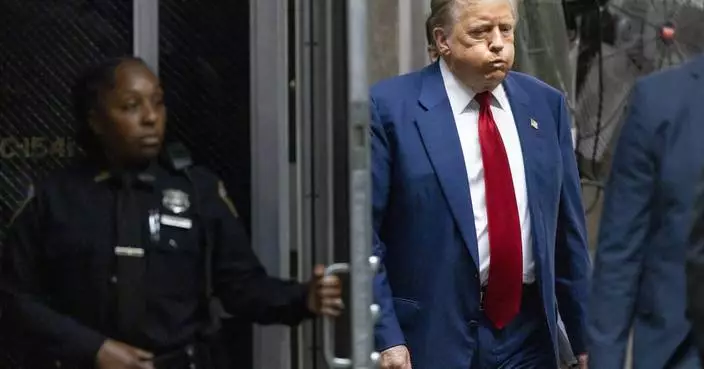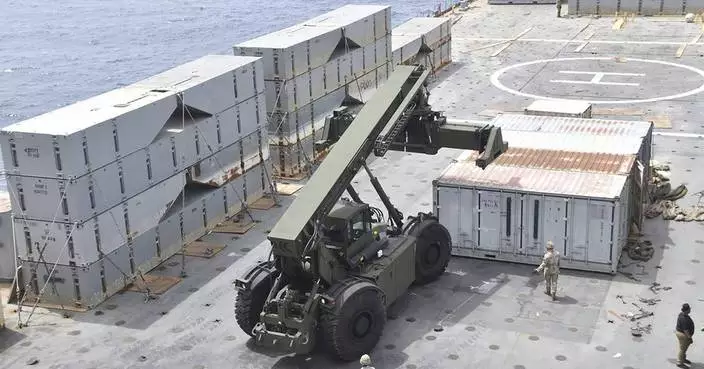The House Judiciary Committee will interview former White House Communications Director Hope Hicks behind closed doors on Wednesday, the first time lawmakers will hear from a person linked to the president's inner circle since the release of special counsel Robert Mueller's report.
Obtaining the testimony from Hicks, a close and trusted former aide to President Donald Trump, is a significant victory for Democrats as Trump has broadly stonewalled their investigations. The committee originally subpoenaed Hicks to give public testimony, but agreed to the closed-door interview after negotiations. A transcript of the session will be released in the days afterward.
Still, it is unclear how much new information Hicks will provide. She already cooperated extensively with Mueller's probe, and a White House lawyer who will be in the room for the interview is expected to try and block her from answering certain questions.
In a letter sent to House Judiciary Committee Chairman Jerrold Nadler on Tuesday, White House Counsel Pat Cipollone wrote that Trump had directed Hicks not to answer questions "relating to the time of her service as a senior adviser to the president."
Cipollone cited executive privilege, or the power to keep information from the courts, Congress and the public to protect the confidentiality of the Oval Office decision-making process. Democrats say they disagree that her answers are covered by such privilege, especially since she has already cooperated with Mueller.
The panel has also subpoenaed Hicks for documents, but she has only partially complied. She agreed to provide some information from her work on Trump's campaign, according to the Judiciary panel, but none from her time at the White House.
Testimony from witnesses like Hicks is one step in House Speaker Nancy Pelosi's methodical approach to investigating Trump. While more than 60 lawmakers in her caucus — including almost a dozen on the Judiciary panel — have called for opening an impeachment inquiry, she has said she wants committees to investigate first and come to a decision on impeachment later.
While Trump has continued to block their requests, Democrats have made some minor gains in recent weeks with Hicks' appearance and the Justice Department agreeing to make some underlying evidence from Mueller's report available to Judiciary members.
As one of Trump's closest aides, Hicks was present for many of the key moments reviewed in the Mueller report, and her name is one of the most frequently mentioned in the document. Hicks was a key witness for Mueller, delivering important information to the special counsel's office about multiple episodes involving the president. That includes the president's role in the drafting of a misleading and incomplete statement about a 2016 Trump Tower meeting at which Trump's son, Donald Trump Jr., expected to receive dirt on Democrat Hillary Clinton.
Mueller wrote in his 448-page report released in April that there was not enough evidence to establish a criminal conspiracy between Trump's 2016 campaign and Russia, but he said he could not exonerate Trump on obstruction of justice. The report examined several situations in which Trump attempted to influence or curtail Mueller's investigation, including the drafting of that statement.
Democratic aides said Tuesday that they plan on asking Hicks about several of those episodes, including the drafting of the statement, efforts to remove Mueller from the investigation and the firing of FBI Director James Comey. The aides requested anonymity to discuss their plans for the closed-door meeting.
The aides said that lawmakers will also ask about her knowledge of hush-money payments orchestrated by former Trump lawyer Michael Cohen to two women who claimed to have had affairs with Trump — the porn actress Stormy Daniels and model Karen McDougal. Trump has denied the allegations. Cohen is now serving three years in prison partly for campaign violations related to the payments.
The Democrats plan to use some of Hicks' answers to those questions to inform a committee hearing to review Mueller's report on Thursday. It's the second in a series of hearings in which the committee is talking to expert witnesses about the report. The transcript will then be released, possibly as soon as this week, according to the aides.
Other Trump associated frequently mentioned in Mueller's report have refused to appear before the Judiciary panel, including former White House Counsel Donald McGahn. McGahn's former chief of staff, Annie Donaldson, was also subpoenaed for documents and an interview and has declined to provide the documents, like Hicks and McGahn. It is unclear whether Donaldson will show up for a scheduled deposition next week.
Republicans have strongly criticized the investigations and say they are unnecessary after Mueller spent two years reviewing the same material and talking to the same witnesses.
Georgia Rep. Doug Collins, the top Republican on the panel, said Hicks' appearance proves that Trump is not stonewalling Congress. And he said they could have probably heard from her sooner if they hadn't taken "a scorched-earth approach to pursuing information" with subpoenas.




